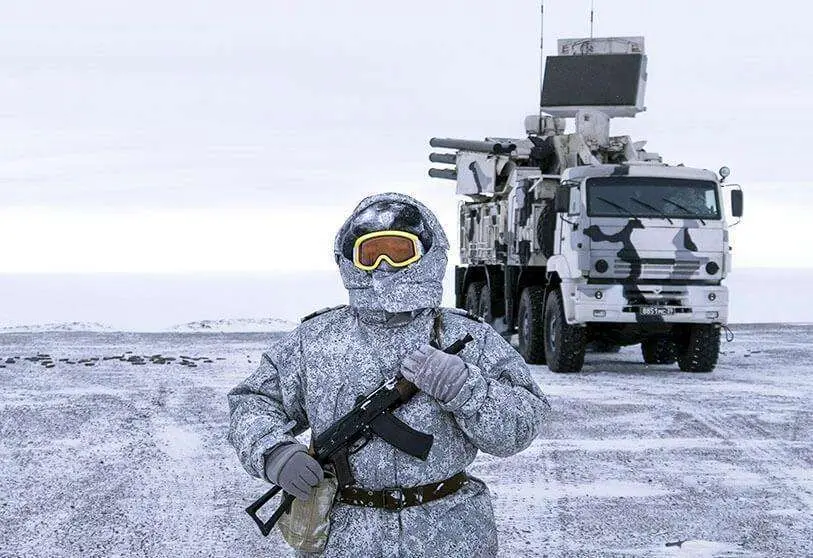No mines, no independence in Greenland paradise

Global warming seemed to have taken a back seat to the coronavirus plague. Not so in Greenland, whose two million square kilometres make it the world's largest island. Early elections have just been held there as a result of the polarisation of its barely 56,000 inhabitants over two crucial issues: full independence from Denmark and the exploitation of what is probably the world's largest rare earth deposit.
On the former, there is a general consensus to move beyond the current status whereby Greenland manages its own resources, but Denmark decides on foreign and defence policy and guarantees the convertibility of its currency. In addition, Copenhagen subsidises the Greenland government with 510 million euros per year, more than a third of its budget.
The big disagreement was in Kuannersuit, where the discovery of the 17 elements that make up the so-called rare earths (REE) raised hopes of achieving economic self-sufficiency through their export, which was essential for independence to be viable. Its exploitation was supported by the social democrats of Siumut, who were in favour of exploiting the deposit, the first exploration licence for which had been granted in 2007 to the Australian company Greenland Minerals. It is no small matter that the main shareholder of this company is China's Shenghe Resources, since China already monopolises the world's production of rare earths, and above all their transformation, since it has the only large industrial factory in the world.
After toppling the government and causing the elections to be brought forward, the Inuit Ataqatigiit environmentalists won the elections, with 36.6% of the vote far outnumbering the 29.4% won by the Social Democrats. The leader of the Greens, Mute Egede, will only need to ally with one of the smaller parties to supplement his 12 seats out of 31 in the regional parliament and thus head the new government.
As he had promised and has now ratified after learning of his victory, Egede's first measure will be to cancel the mining project, which had been considered strategic by the United States; let's not forget that the previous president, Donald Trump, had offered Denmark the purchase of Greenland. There were many jokes about that offer, but it is important not to lose sight of the fact that these rare earths are essential for the manufacture of a multitude of electronic and military products, as well as being a crucial component in the development of so-called green energies. And today, 90% of the world's total is in the hands of the Beijing regime.
Nor will Egede have much trouble cancelling other mining projects that were also in the pipeline, especially uranium mining, as Denmark itself has given up nuclear power. This is not the case for China, which is also engaged in a gigantic programme of new power plant construction and has high hopes of extending its new Silk Road to Nuuk, the capital of Greenland.
For the time being, the 41,000 voters have decided that the country will continue to live off fishing, tourism and the annual Copenhagen subsidy. They have chosen to stick to their traditions, forged over the past 300 years since the Lutheran clergyman Hans Egede landed on the icy shores of the Greenland, now 80 per cent ice-covered, in 1721. The question remains as to how much longer they will hold this position, especially as geopolitics is changing by leaps and bounds, and their mineral resources, coupled with the opening of new Arctic routes, are seen as decisive in the global confrontation that is taking shape.



